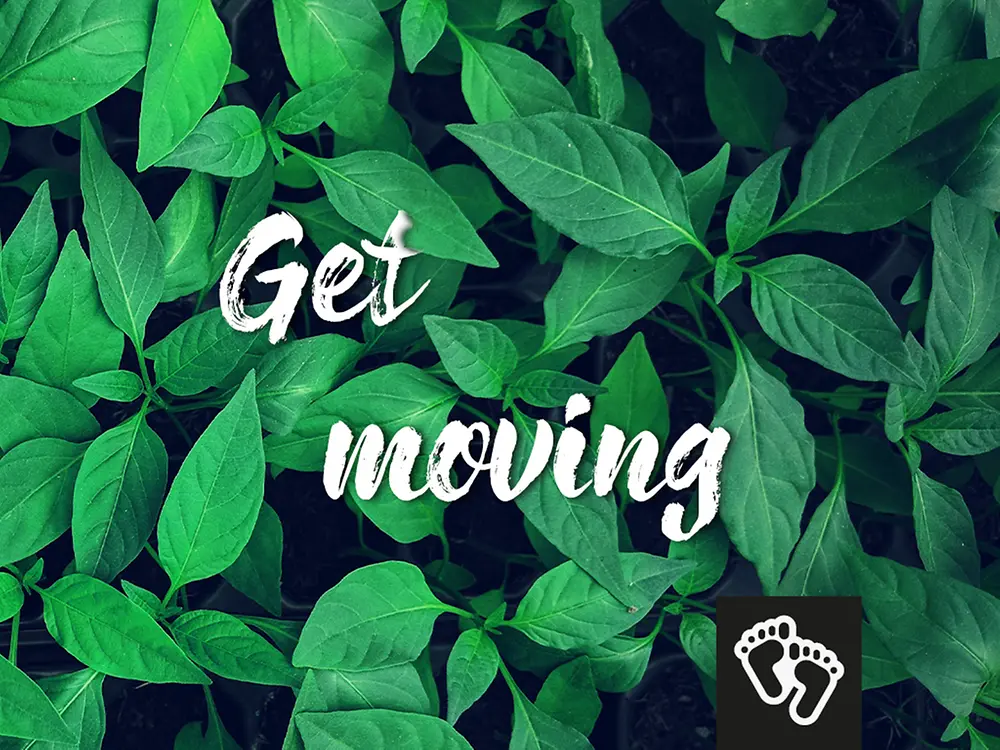The first thing you reach for in the morning is your smartphone. You browse through the news before hopping in the shower and planning out your day. Which project will be important to work on and what do you still need to purchase for that evening? Initially, your to-do list seems straightforward, but then a problem comes up, a meeting runs long and you keep being interrupted by calls and emails at work. At this point, you can literally feel the tension in your neck – you might even grind your teeth and question your entire schedule: “Is the timing realistic? Will I make it to the cinema on Wednesday? Wouldn’t it be better to put off my training session?”
Whether we mean to or not, we plan most of our days out in great detail – and yet we still don’t manage to do everything we wanted to. This is true of both our work assignments and the personal plans and hobbies that are important to us. We are often left with a feeling of stress. According to Martin Gerlach from Henkel’s occupational medical service, this is perfectly normal: “We all experience stress, at work and sometimes in our personal lives or with our families,” he said. “This isn’t necessarily harmful – it can actually have an energizing effect. We all have our personal limit, however, which is very important to take into account.” Gerlach has worked extensively on the topics of stress and mindfulness. According to him, a health risk begins to emerge when a person’s individual resilience capabilities are repeatedly overstretched.






















